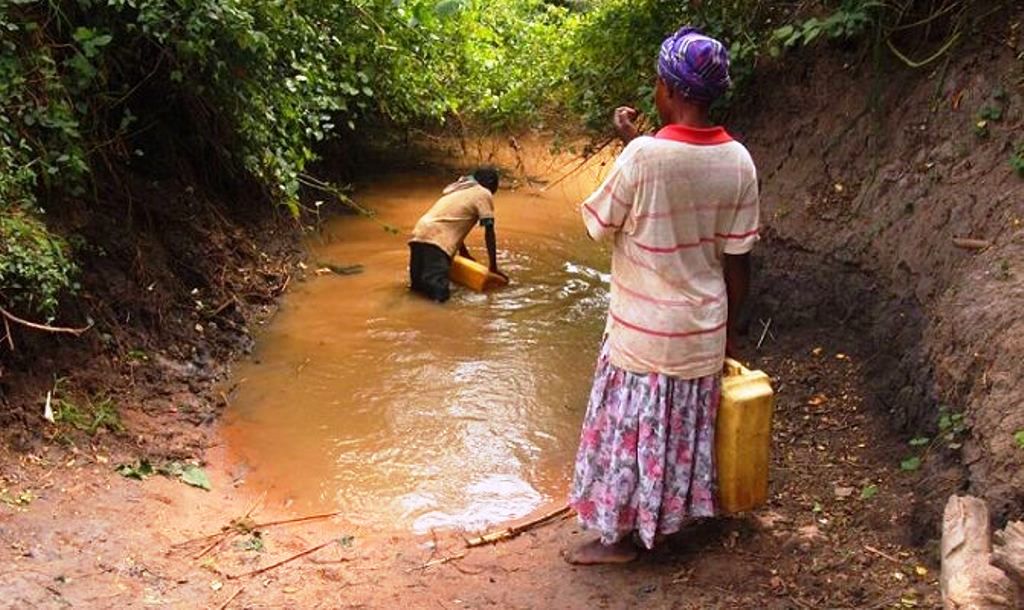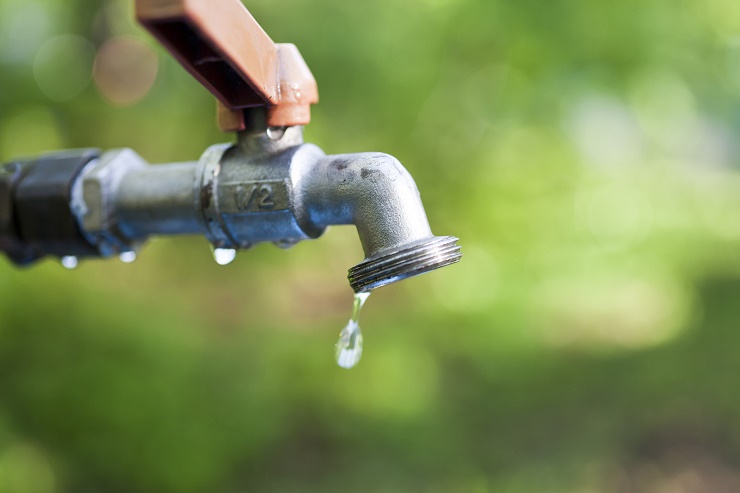By Judith Ufford
It would be recalled in May this year that environmentalists and other stakeholders expressed their displeasure over the handling of the report of dead fish along the Niger Delta coastline.
The National Oil Spill Detection and Response Agency ( NOSDRA) in a release on the matter stated: “hydrocarbon were not responsible for the death of the fishes, the plausible cause(s) could partially be attributable to other anthropogenic activities which are probably land-based”.
Reacting to NOSDRA, environmentalists responded thus: ” we are not satisfied with NOSDRA’s report as this does not bring a closure to this matter”.
It was against this backdrop that Health of Mother Earth Foundation(HOMEF), a Nigerian based Non- governmental organization converged a webinar recently on Freshwater and marine ecosystems for Protected Areas in the Gulf of Guinea and Congo basin ( Nigeria, DRC, and Cameroon).
The Convergence/ school of ecology reviewed the threats to aquatic ecosystems in the regions and examined ways of monitoring and protecting them.
Participants at the webinar included speakers from the Cameroon, Democratic Republic of Congo, Nigeria, and South Africa and stakeholders representing 12 NGOs from the four African countries, students, fishers, and academics.
Speaking at the opening of the webinar, director of HOMEF noted that ” it is time to raise the capacity of our fishers to monitor aquatic ecosystems, share knowledge, map threatened and valuable species, network with other fishers within and across borders”.
According to him, water is life is not a mere slogan. It is a declaration that must be fought for.
“Many see water as a resource that is limitless, conveniently forgetting that only three percent of the earth’s water is freshwater, and only 1.2 percent can be used as drinking water while the rest are inaccessible in ice caps, permafrost or way down in the ground,” he added.
Topics x-rayed in the 2-day convergence included the dynamics and benefits of freshwater and marine ecosystems; tools for sustaining ocean ecosystems and marine resources; current and impending threats to freshwater and marine ecosystems; marine protected areas in South Africa; big dams and national/regional disruptions (the Inga III dam); and gender dimensions in freshwater ecosystems protection in DRC.
The convergence established the need to support the preservation of aquatic (marine and freshwater) ecosystems and livelihoods in the Congo Basin area as well as in the Gulf of Guinea and to empower fishers and other community members to actively monitor and protect their ecosystems.
Speakers at this convergence included Prof. Gabriel Umoh (Nigeria), Ako Amadi (Nigeria), Dr. Joe Alagoa (Nigeria), Sherelee Odayar (South Africa), Emmanuel Musuyu (DRC), Xavier Ndjamo (Cameroon), Salome Elolo (DRC), Irikefe Dafe (Nigeria), Ken Henshaw (Nigeria) and Babawale Obayanju (Nigeria).
In the course of the discussions, the following observations were made:
*)Most of the threats to aquatic ecosystems result from human activities such as poor waste disposal, dredging, noise and oil pollution, poaching and overfishing.
*)Conversion of wetlands for infrastructure and expansion of urban centres pose a serious threat to aquatic biodiversity.
*)There is a disconnect between research outcomes and policy. Most research works are not targeted at the real issues faced by those whose livelihoods depend on the aquatic ecosystems and the outcomes of most researches merely end up in journals and libraries
*)In some places (e.g. South Africa) Marine Protected Areas have impacted negatively on artisanal fishers who are excluded in the scheme of things due to a fractured policy view of prevailing culture and sense of place.
*)Big dams (e.g. the Inga111 Dam on the Congo River in DRC) negatively impact aquatic biodiversity, loss of livelihoods/displacements and expose the country into avoidable financial debt.
*)Greenhouse gas emissions from big dams are equal to those from thermal power plants making big dams major contributors to climate change.
*)Some conservation approaches can have negative impacts which include disappearance of flora and fauna
*)Women are often left out of decision-making processes with regard to the protection of freshwater and marine ecosystems
*)Networking and movement building are major planks for ensuring the protection of our biodiversity.
*)Research institutions on freshwater and marine ecosystems are not sufficiently funded.
Resolutions from the convergence:
1)Freshwater and Marine Protected Areas should be established in Nigeria, the Congo Basin and in the Gulf of Guinea.
2)Policies on protected areas and conservation approaches must be gender sensitive, socially inclusive and context specific.
3)Traditional knowledge and norms should be integrated into all biodiversity conservation processes.
4)Governments should fund research and institutions/agencies related to freshwater and marine ecosystems and encourage research that address the real challenges faced by fishers and coastal communities. The research outcomes should be fully utilised in policy development and implementation.
5)Movements and networks (such as FishNet Alliance) on freshwater and marine ecosystems should be formed and/or encouraged across the Congo Basin and the Gulf of Guinea.
6)Polluting extractive activities in our waters should be banned
7)The Africa Development Bank should not fund the Inga III dam in DRC and should halt further considerations as they did in the case of the coal powered plant at Lamu, Kenya.
8)Poaching of fish on our continental shelf by foreigners should be urgently brought to a halt.
9)The lessons from the convergence should be further stepped down through FishNet Dialogues in partner countries – Cameroon, DRC and Nigeria. A Dialogue Guide already developed by HOMEF can be adapted and utilised for such dialogues.
10)Need to strengthen networking for sharing of knowledge especially with regard to using indigenous and traditional knowledge for conservation of threatened species such as freshwater turtles in Cameroon and elsewhere.
11)Recognize and uphold the rights of rivers such as River Ethiope in Delta State, Nigeria and River Congo in DRC.
12)Government should guarantee security for fishers and protect community ecological defenders.
HOMEF also introduced to the participants a recently prepared policy paper on the need to establish freshwater and marine protected areas in the Congo Basin and the Gulf of Guinea as well as a Guide to Aquatic Ecosystems Monitoring, Reporting, Advocacy and Organizing which the partner countries as well as Nigeria were encouraged to adapt and use in FishNet Dialogues to equip fishers to monitor and protect the aquatic ecosystem.
In a discussion on the theme of the World Ocean Day 2020 – Innovation for a Sustainable Ocean – the convergence called for a careful consideration of what may arise from so-called innovative use of the oceans which may herald the up scaling of plans to implement concepts such as the Blue Economy which epitomizes the commodification of Nature and may lead to partitioning and grabbing of our aquatic ecosystems with the attendant rise of extractive activities such as deep sea mining, marine biotechnology and bio-prospecting and geo-engineering that further complicate the challenges faced by the world and especially coastal communities.

![[Details] $.7m luxury ship to boost water tourism in Lagos](https://thenewsguru.ng/wp-content/uploads/2020/02/luxury-ship.jpg)



